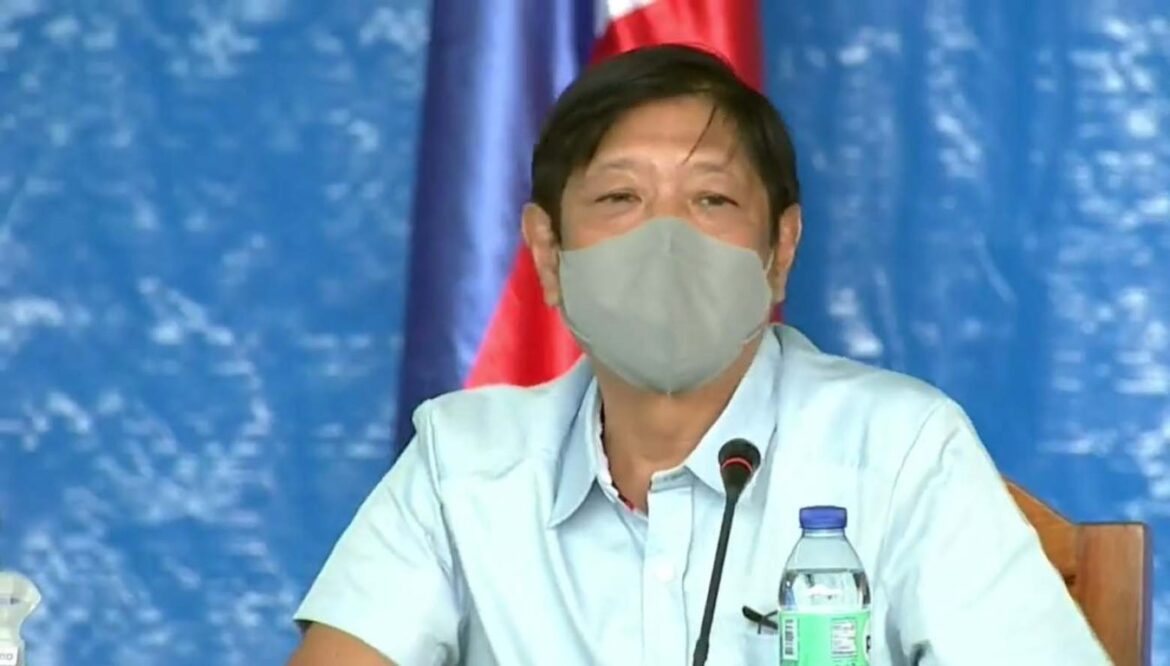President Ferdinand “Bongbong” Marcos Jr. has stressed the importance and value of “disaster-proof” planning of communities, in the wake of the magnitude 7 earthquake rocked Abra and its nearby provinces in northern Luzon on July 27.
The President noted how the powerful tremor inflicted serious damages to buildings, roads, houses as well as cultural and heritage sites, including those in Ilocos Norte, his own home province. He has vowed his administration will ensure the immediate restoration of damaged structures.
“These were destroyed and need to be restored immediately. That’s why we must have a disaster-proof planning in all the structures that we will build, including roads, buildings, heritage sites, schools, hospitals, and residential houses),” he pointed out.
In its July 30 report, the National Disaster Risk Reduction and Management Council (NDRRMC) said the number of families affected by the strong quake that shook several parts of northern Luzon has climbed to 62,024.
The data is equivalent to 228,238 persons living in 639 villages in the regions of Ilocos, Cagayan Valley, and Cordillera. Some 1,910 families or 6,490 individuals are in evacuation centers, while the rest are being aided by families and friends, it added.
The report said around 12,645 houses in Ilocos, Cagayan Valley, Cordillera, and Metro Manila were classified as “partially damaged,” while 157 others were “totally damaged.”
Marcos lauded the national government agencies and the local government units for their quake response efforts. He also conveyed his thanks to private individuals who helped the government in assisting the victims.
The President also stressed the need to step up disaster response and preparedness as the Philippines is located along the typhoon belt, hit by about 20 typhoons yearly, and the so-called “Ring of Fire,” where volcanic eruptions and earthquakes often occur.
“We are also at high risk from the effects of climate change. We are prone to disasters that’s why we should not be lacking in preparedness,” he emphasized.
Marcos said the mandatory and immediate implementation of the Reserve Officers’ Training Corps program, this time for senior high school students instead of at collegiate level, would help train and mobilize the youth during emergencies, including disaster preparedness and capacity building for risk-related situations.









